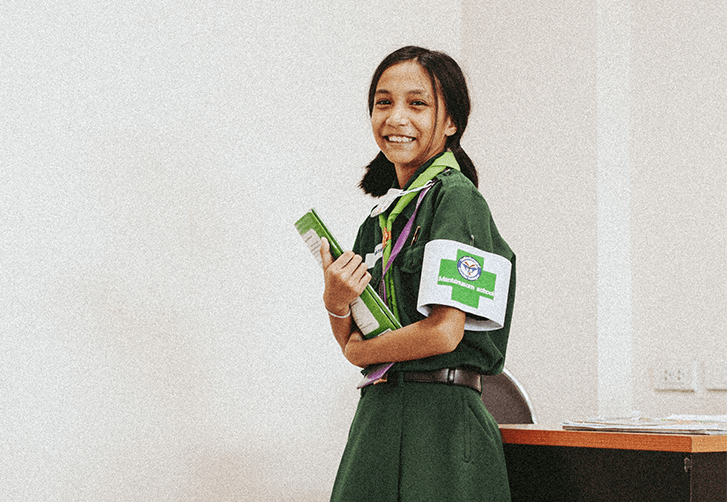Focus on healthcare, education, and livelihood training programs to tackle poverty
The UNFCU Foundation announced the opening of its 2023 grant application period for funding requests up to $50,000.
Eligible organizations must align with the Foundation’s mission to sustain paths out of poverty for women and youth. More information on this year’s grant process is available at unfcufoundation.org, including the online application portal and responses to frequently asked questions.
“We believe in the power of effective partnerships to empower the most vulnerable in society,” said Yma Gordon, executive director of the UNFCU Foundation. “Transformative change occurs through access to quality education, healthcare, and livelihood training. We want to ensure that women and youth have the resources and opportunities to flourish. We look forward to collaborating with innovators who, like us, are working to achieve the UN Sustainable Development Goals.”
Grant Application Guidelines
UNFCU Foundation will prioritize applications for projects that emphasize access to quality education, critical healthcare, and proven livelihood training outcomes. Projects will specifically benefit marginalized women and children in:
- Kenya
- Senegal
- Uganda
- United States locations: New York City; Washington, DC; Virginia; Maryland
Entities from designated regions must be either a US-based 501(c)(3) organization, a United Nations agency or program, or an international organization with a US-based 501(c)(3) fiscal sponsor.
We look for these criteria when evaluating new grant requests:
- Support of the Foundation’s mission
- Alignment with the UN Sustainable Development Goals
- Strong track record over at least a three-year period or an extended pilot period
- Projects should be sustainable and have access to additional support
- Ability to track the impact of the project or organization through reporting of results
- Direct impact to women and children in need, with long-term benefits
UNFCU Foundation does not provide grants to the following:
- Private individuals
- Projects without measurable goals and impacts
- Political campaigns or candidates
- Religious, fraternal, or professional sports organizations
- Documentaries, performing arts groups, or productions
- Organizations without the tax-exempt status stated in the grant application guidelines and form
- Undergraduate scholarships, personal needs, or operational expenses / existing deficits





